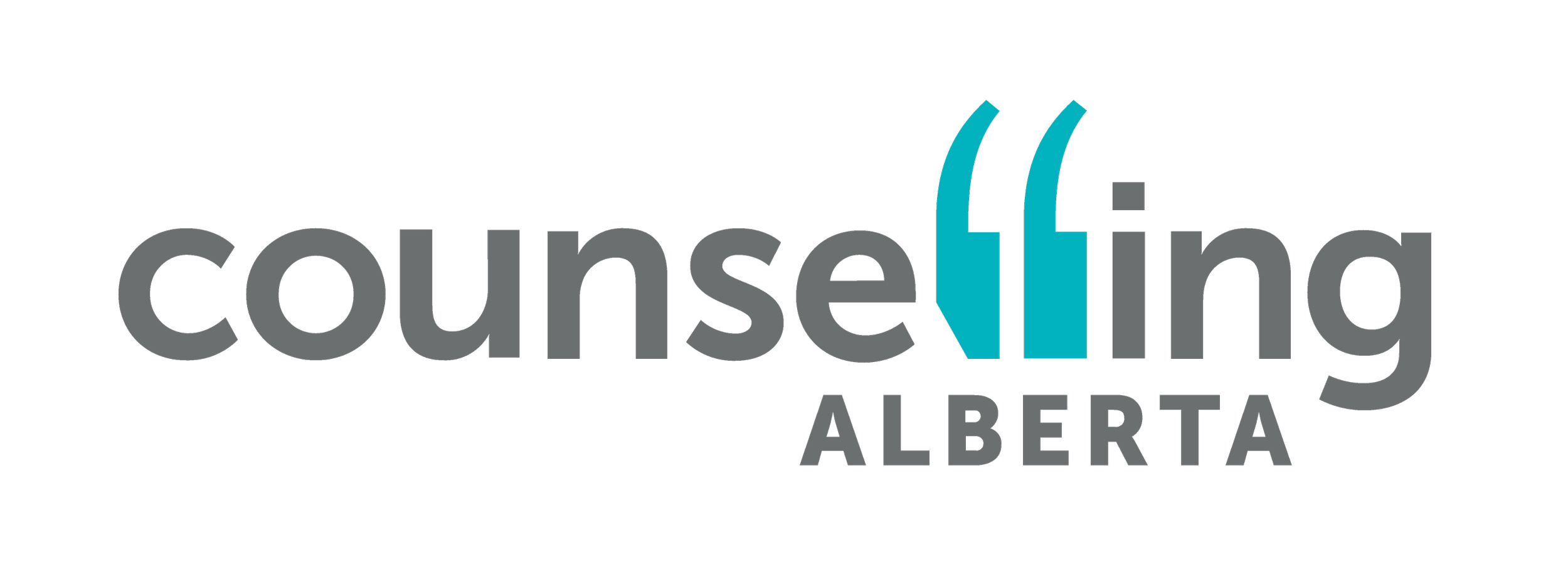Breaking the busy cycle: why rest matters
The hustle. The grind. Giving 110% - Any of those sound familiar? Work, productivity, and achievement seem to have become so important that many of us are willing to sacrifice our well-being. When life gets busy, rest can be something you stop prioritizing. You might tell yourself there's too much to do, or that taking a break means falling behind. But the truth is, rest isn’t a reward you have to earn, it isn’t a luxury, it’s an essential part of wellbeing.
Rest helps your body recover, your mind reset, and your emotions settle. And when life feels especially stressful, like when you’re under pressure, managing multiple responsibilities, or navigating emotionally intense situations, it becomes even more important.
High-pressure environments can leave you feeling drained, scattered, or on edge. Without intentional rest, stress can build up and affect your ability to fully show up for yourself.
Why rest feels hard when pressure is high
Many people feel like rest only comes when the job is done, whatever that may be. But the reality is, waiting until you’ve done it all before taking a break often means rest never happens.
This mindset tells us that slowing down is lazy, rest is unproductive, or that asking for help is weak. Over time, this belief system can lead to burnout, anxiety, and feeling like you're never doing enough.
It’s okay to need rest, even if you’re doing “well”
From the outside, it might look like everything is fine. You’re keeping up with what needs to be done and staying busy. But inside, the pressure can be overwhelming. When you're constantly pushing yourself, it can feel like you're barely holding it together, and that can make it hard to recognize what you have accomplished.
Rest doesn’t make you any less capable, inn fact, it often helps you show up with more focus, energy, and care. Taking a step back doesn’t mean you’re falling behind. It means you’re protecting your ability to keep going in a healthy way.
What rest can actually look like
Rest doesn’t have to mean doing nothing. For some, rest might look like saying no to one more task. For others, it could be reconnecting with something that brings comfort, joy, or meaning.
Start by asking yourself: What do I need to let go of right now to feel a little lighter? What will help me feel rested and refreshed?
Rest can be physical, emotional, social, or mental. There’s no one right way to rest. The goal is to listen to what you need. Rest can be as simple as:
Stepping away from your to-do list for a quiet moment
Sharing your thoughts with someone who listens without judgment
Spending time on something that brings joy – a hobby, a good book, making your favourite meal
Choosing to care for yourself the way you would care for someone you love
Building a healthier relationship with rest
It’s common to feel guilty when you rest, especially if you’ve learned to measure your worth by how much you get done. But rest isn’t wrong, and guilt isn’t proof that you’ve done something bad. Guilt is a feeling, not a fact. Sometimes it shows up simply because we’ve stepped outside of what we think we’re supposed to do. In a culture that glorifies productivity, slowing down can feel uncomfortable or even selfish. But that discomfort doesn’t mean you’re doing something wrong. It just means you’re unlearning habits that were built around constant doing, rather than balanced living.
Rest is not lazy, indulgent, or irresponsible; it’s an essential part of caring for your mental health and emotional well-being.
You can start building a new mindset by:
Noticing the guilt without judging it. Guilt doesn’t have to control your actions.
Reframing rest as responsible. Rest is what helps you stay present, grounded, and capable.
Reminding yourself you’re not a machine. You’re allowed to pause, even when things are busy.
Redefining success includes rest
Success isn’t about constantly pushing yourself. It’s about creating a life where you can thrive. That includes slowing down when your body or mind asks you to. You don’t have to wait until you’re completely burned out to take a break. You can choose to rest now, so you have more energy for whatever comes next.
You’re allowed to take care of yourself
If you're feeling overwhelmed by pressure, you're not alone. Many people are navigating the same expectations and exhaustion. It’s okay to rest, even when things feel urgent.
Whether it’s reaching out to a friend or connecting with a counsellor, you don’t have to carry it all on your own. Support is here if you need it.
Information for this blog was provided by registered social worker, Sarah Rosenfeld, and registered psychologist, Lisa McIsaac.



